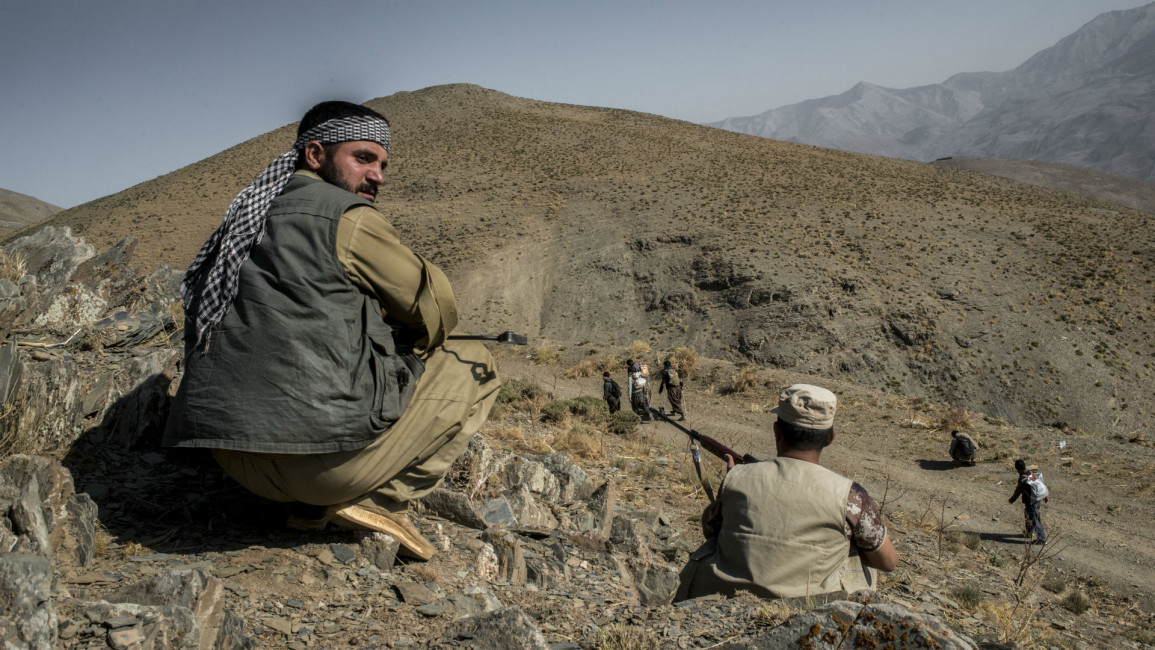Iran military 'takes over mountain in Iraqi Kurdistan' after strikes on separatists
The Iranian military has reportedly entered Iraqi territory and taken control of a mountain, days after it launched strikes on an Iraqi base operated by a Kurdish-Iranian separatist group.
An official in the Peshmerga ministry and local sources in Sulaymaniyah Province told The New Arab's Arabic-language service about the incursion on Tuesday.
"Iranian military units have penetrated 20 kilometres into Iraqi Kurdistan and taken over the strategic Surin Mountain," the Peshmerga official, who spoke on the condition of anonymity, said.
Kurdish activist Suran Balani said the Iranian troops have set up a site to launch missile and artillery strikes on the mountain top in the border region between Iraqi Kurdistan and Iran.
The report comes after Iran launched missile strikes against the headquarters of the Kurdistan Democratic Party of Iran (KDPI) in Iraq's autonomous Kurdish region on Saturday, killing at least 15 members.
Tehran said the strikes were a retaliation for repeated cross-border incursions by the "terrorist" group.
Iraq has criticised Iran's attack on the KDPI, which is Iran's oldest Kurdish separatist group.
The group was banned after the Islamic Revolution of 1979 and appears to have resumed operations in 2016 after a long truce.
Foreign ministry spokesman Ahmad Mahjoub called the attack a "violation of its sovereignty by bombing any target within Iraqi territory without prior coordination with the Iraqi authorities".
Kurds, a non-Arab ethnic group, have long agitated for their own state.
They number between 25 and 35 million people who are spread across Turkey, Syria, Iraq and Iran.
In Iran they make up around 10 percent of the population.



